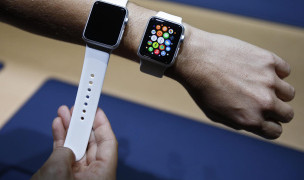 10 Terms
10 TermsHome > Industry/Domain > Biology; Medical > Human genome
Human genome
The human genome consists of 23 chromosome and the small mitochondrial DNA. 22 of the 23 chromosomes are autosomal chromosome pairs and the last one being a gender-determining pair. In total, the human genome contains the sequences of the 3 billion chemical base pairs that make up human DNA and approximately 20,000-25,000 genes. By understanding human genome, scientists are able to develop new medical applications that can significantly advance the state of health care.
Contributors in Human genome
Human genome
Allogeneic
Medical; Human genome
Taken from different individuals of the same species. Also called allogenic.
Aciduria
Medical; Human genome
The condition of having acid in the urine especially in abnormal amounts.
Bacterial artificial chromosomes
Medical; Human genome
DNA constructs that are composed of, at least, a replication origin, for successful replication, propagation to and maintenance as an extra chromosome in bacteria. In addition, they can carry large ...
Biological therapy
Medical; Human genome
1) Treatment of disease by the administration of substances which produce a biological reaction in the organism. It includes the use of sera, antitoxins, vaccines, cells, tissues, and organs. (From ...
Cell membrane
Medical; Human genome
1) The membrane surrounding a cell that separates the cell from its external environment. It consists of a phospholipid bilayer and associated proteins. 2) The cell membrane, also called the ...
Autophagy
Medical; Human genome
1) The process by which cells digest parts of their own cytoplasm; allows for both recycling of macromolecular constituents under conditions of nutrient limitation and remodelling the intracellular ...
Featured blossaries
stanley soerianto
0
Terms
107
Blossaries
6
Followers
Top 10 Famous News Channels Of The World
 10 Terms
10 Terms

